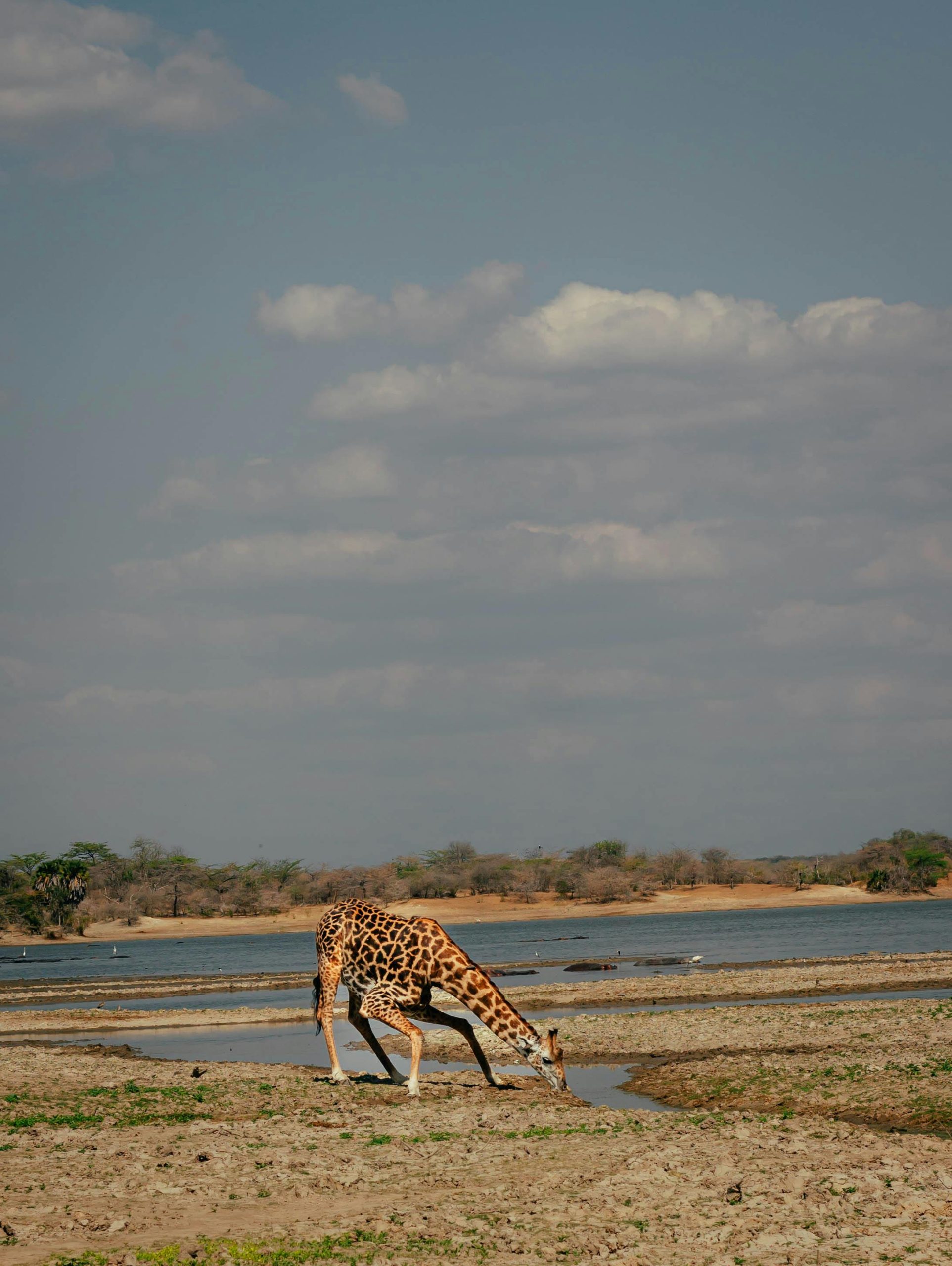Imagine standing in the heart of an untouched wilderness, surrounded by the sounds of nature—birds calling, leaves rustling, and the distant roar of a lion. For those seeking an extraordinary escape from the ordinary, remote national parks offer some of the most thrilling and immersive wildlife adventures on the planet. Far from crowded tourist trails, these hidden gems provide unparalleled opportunities to witness nature in its purest form. Whether you’re a seasoned safari-goer or a first-time explorer, venturing into these secluded parks promises an unforgettable experience.
Why Choose Remote National Parks for Your Safari?
While iconic destinations like the Serengeti or Kruger National Park are undeniably spectacular, remote national parks offer something even more special—solitude and authenticity. These lesser-known parks are often untouched by mass tourism, allowing for intimate wildlife encounters and a deeper connection with nature. Here’s why they should be on your bucket list:
- Exclusive Wildlife Sightings: With fewer visitors, animals are less habituated to humans, leading to more natural behaviors and rare sightings.
- Untamed Landscapes: Pristine ecosystems, from dense rainforests to vast deserts, remain unspoiled by development.
- Cultural Richness: Many remote parks are home to indigenous communities, offering unique insights into traditional ways of life.
- Adventure & Challenge: Reaching these parks often requires effort, making the journey as rewarding as the destination.
Top Remote National Parks for an Unforgettable Safari
1. Mana Pools National Park, Zimbabwe
Nestled along the Zambezi River, Mana Pools is a UNESCO World Heritage Site renowned for its breathtaking scenery and incredible wildlife. Unlike many parks, Mana Pools allows walking safaris, giving adventurers the chance to track elephants, lions, and wild dogs on foot. The park’s floodplains and forests create a haven for birdlife, making it a paradise for ornithologists.
2. Katavi National Park, Tanzania
One of Tanzania’s least-visited parks, Katavi is a hidden treasure teeming with wildlife. During the dry season, thousands of hippos and crocodiles congregate around shrinking waterholes, while elephants and buffalo roam the plains. With no crowds, you’ll feel like you have the entire wilderness to yourself.
3. Kidepo Valley National Park, Uganda
Located in Uganda’s rugged northeast, Kidepo Valley is a remote paradise for safari enthusiasts. The park boasts sweeping savannas, dramatic mountain backdrops, and an abundance of wildlife, including cheetahs, zebras, and ostriches. Its isolation ensures an exclusive and immersive experience.
4. North Luangwa National Park, Zambia
For those seeking raw, unfiltered wilderness, North Luangwa delivers. This park is famous for its walking safaris, where you can follow expert guides through dense bushland, encountering lions, leopards, and rare black rhinos. The absence of roads and lodges enhances the sense of adventure.
Tips for Planning Your Remote Safari Adventure
Exploring remote national parks requires careful planning to ensure a safe and enjoyable experience. Here are some essential tips:
- Research Thoroughly: Remote parks often have limited infrastructure, so understanding logistics, seasons, and permits is crucial.
- Hire Local Guides: Expert guides enhance your experience with their knowledge of wildlife and terrain.
- Pack Wisely: Bring essentials like sturdy footwear, lightweight clothing, and a first-aid kit.
- Respect Wildlife: Maintain a safe distance and follow ethical wildlife viewing practices.
- Stay Flexible: Remote safaris can be unpredictable—embrace the adventure!
Conservation and Responsible Tourism
Visiting remote national parks comes with a responsibility to protect these fragile ecosystems. Many of these parks rely on tourism revenue to fund conservation efforts. By choosing eco-friendly lodges, supporting local communities, and minimizing your environmental footprint, you contribute to preserving these wild spaces for future generations.
Responsible tourism also means respecting wildlife and habitats. Stick to designated trails, avoid littering, and adhere to park regulations. Your actions can make a difference in safeguarding these natural wonders.
Conclusion
Wildlife adventures in remote national parks offer a rare chance to disconnect from the modern world and reconnect with nature. From the untouched landscapes of Katavi to the thrilling walking safaris of Mana Pools, these destinations promise an unforgettable safari experience. With careful planning and a spirit of adventure, you can embark on a journey that few have the privilege to witness. So pack your bags, leave the crowds behind, and set off on a safari that will stay with you forever.
